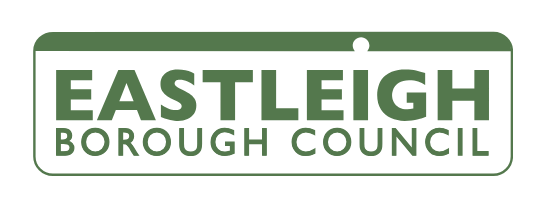While government restrictions may have lifted, many sectors are still struggling to secure future profitability and are now facing a range of new challenges. Two of the most significant have come in the form of continued staff shortages due to Covid and high turnover as employees seek new careers. These issues have exacerbated existing recruitment problems that have arisen post-Brexit.
These struggles are being compounded by a growing number of back-office complications in the realm of finance, accounting, invoices, suppliers and payroll which have created backlogs, high workloads and inefficiencies within existing admin-heavy processes.
Although often overlooked, the back-office plays a vital role in the smooth running of operations, so ensuring greater efficiency in the back-office must be top priority for organisations. This calls for a move away from traditional manual operations to an automated, outsourced back-office approach.
Easing the burden on back-office workers
Currently, many back-office workers are coming under significant pressure to juggle a variety of essential administrative tasks. This is not only likely to be detrimental to their wellbeing, but it could also affect efficiency and accuracy. After all, strained teams that are short on time and resources are more likely to make mistakes, such as duplicate payments.
Partnering with innovative organisations with a proven track record of delivery can provide digitised solutions to streamline these processes. Outsourcing to the latest technology allows businesses to identify duplicate payments and previously unidentified credits, helping them to ensure that they don’t miss out on recoverable funds.
The expertise of an external team can also validate and recover such funds on behalf of the retailer, helping to take the pressure off employees. Reducing the time taken up by these tasks in-house will also give employees more time to concentrate on the bigger picture initiatives that often fall by the wayside during busy periods.
Embracing external expertise
Accounts payable and accounts receivable functions are among those really feeling the strain of staff shortages and are consequently seeing the tasks pile up. Back on Track services are exactly what organisations need to work through this mounting backlog.
This type of service can provide access to an experienced, UK-based team of finance and accounting staff who work as an extension to an in-house back-office function – a much more cost-effective option than employing temporary staff.
Businesses can opt to use these external teams for a wide variety of tasks, including supplier statement reconciliations to improve cashflow and productivity. Taking this approach will help to improve efficiency and free managers from the administrative complexities that these tasks often entail.
It can also be an opportunity to get external insight into the current processes and solutions used within the organisation, with the external team working with retail management to identify the root cause of any issues and advise on practical solutions to them. This consultancy can help retailers to future-proof their back-office functions and avoid similar problems occurring in the future.
A long-term solution
Without a doubt, the effects of the pandemic and Brexit are still being felt hard by retailers and their employees across the country. Although much of the discussions around this are centred on those on the shopfloor, the impact on those working in the back-office can’t be underestimated.
As retailers begin to acknowledge the strain being put on those individuals, and the impact it’s having on their business, working with partners like Liberata can help to alleviate those problems.
Find out how we can help you to achieve tech-driven efficiency so you can better navigate administrative complexities, overcome issues arising from staff shortages, and in turn improve staff satisfaction. The combination of which will result significant cost-savings and the potential to increase sales.





